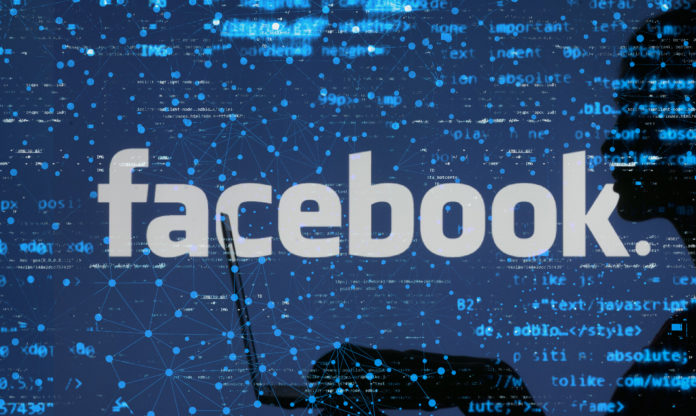A Facebook executive who backed Hillary Clinton’s 2016 election campaign told colleagues in an internal memo last month that the platform could ultimately be responsible for President Trump’s reelection.
In the memo, Facebook VP Andrew Bosworth wrote that the Trump campaign’s use of Facebook’s advertising tools were responsible for Trump’s win in the 2016 presidential election. The company’s political advertising platform, he added, “very well may lead to the same result” this year.
“As a committed liberal I find myself desperately wanting to pull any lever at my disposal to avoid the same result,” Bosworth said in the memo. But he laid out his philosophical objections to any theoretical attempt at intervening. “As tempting as it is to use the tools available to us to change the outcome, I am confident we must never do that or we will become that which we fear.”
The memo was first reported Tuesday by The New York Times. Soon after, Bosworth posted the memo to his public Facebook profile, noting that “it wasn’t written for public consumption.”
Bosworth, a longtime Facebook executive and confidant of CEO Mark Zuckerberg, used the memo to dismiss filter bubbles (“a myth” that distracts from the real issue of polarization), explain why Facebook is more like sugar than nicotine (“It benefits from moderation”) and offer his analysis of the platform’s real impact on the 2016 election.
“So was Facebook responsible for Donald Trump getting elected? I think the answer is yes, but not for the reasons anyone thinks,” Bosworth wrote. “He didn’t get elected because of Russia or misinformation or Cambridge Analytica. He got elected because he ran the single best digital ad campaign I’ve ever seen from any advertiser. Period.”
Bosworth said Trump and Brad Parscale, the digital director for Trump’s 2016 campaign and now the campaign manager for the 2020 campaign, did “unbelievable work.”
“They weren’t running misinformation or hoaxes. They weren’t microtargeting or saying different things to different people. They just used the tools we had to show the right creative to each person,” he wrote.
He also had sharp words for the data analytics firm at the center of arguably Facebook’s biggest scandal. Bosworth described Cambridge Analytica as a “total non-event” and called those behind the company “snake oil salespeople.”
“When Trump won, Cambridge Analytica tried to take credit,” he wrote, “I was glad when the Trump campaign manager Brad Parscale called them out for it.”
Wrestling with Facebook’s other effects on society, Bosworth acknowledged that political polarization is an issue the company needs to tackle. And yet he suggested Facebook’s content algorithms were working as designed by giving users precisely what they wanted.
“What I expect people will find is that the algorithms are primarily exposing the desires of humanity itself, for better or worse,” Bosworth said.
He went so far as to cast doubt on whether seeing more content from people you disagree with does anything to change your beliefs; in fact, he argued it may only deepen your existing convictions.
Bosworth alsourged his colleagues not to dismiss feedback, particularly from issues exposed by the media.
“I think most of the criticisms that have come to light have been valid and represent real areas for us to serve our community better. I don’t enjoy having our flaws exposed, but I consider it far better than the alternative where we remain ignorant of our shortcomings,” he wrote.

